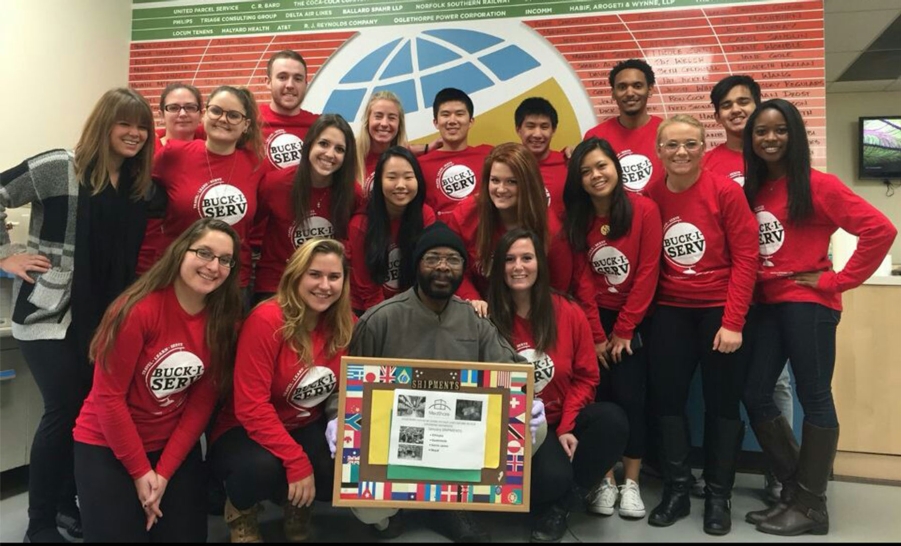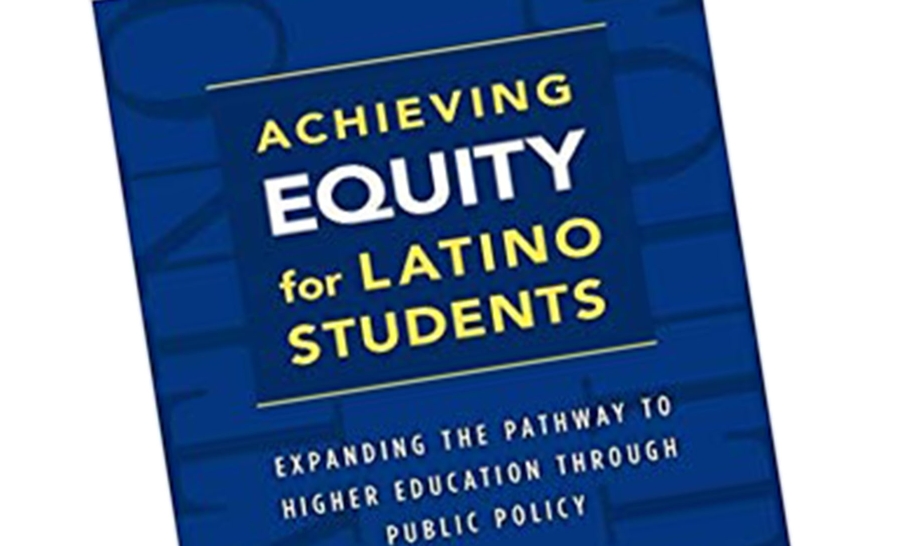The impact of TRIO on non-traditional students' academic performance
The purpose of this study was to investigate the impact of TRIO Student Support Services (SSS) on academic performance of non-traditional students and perceived experiences of its recent graduates at a public state college in Georgia.






